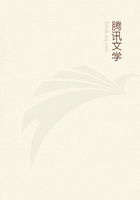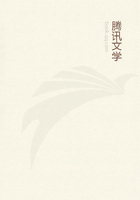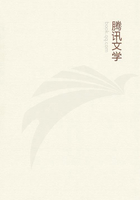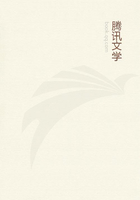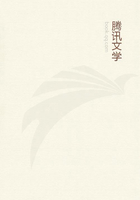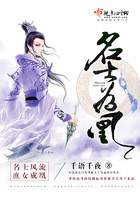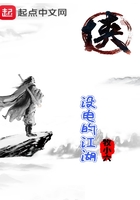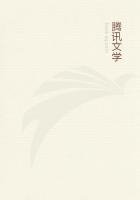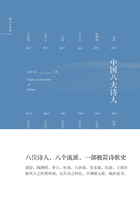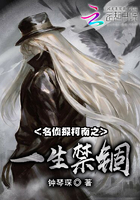In the "Great Eoiae" it is related that Melampus, who was very dear to Apollo, went abroad and stayed with Polyphantes. But when the king had sacrificed an ox, a serpent crept up to the sacrifice and destroyed his servants. At this the king was angry and killed the serpent, but Melampus took and buried it. And its offspring, brought up by him, used to lick his ears and inspire him with prophecy. And so, when he was caught while trying to steal the cows of Iphiclus and taken bound to the city of Aegina, and when the house, in which Iphiclus was, was about to fall, he told an old woman, one of the servants of Iphiclus, and in return was released.
Fragment #13 --
Scholiast on Apollonius Rhodius, Arg. iv. 828:
In the "Great Eoiae" Scylla is the daughter of Phoebus and Hecate.
Fragment #14 --
Scholiast on Apollonius Rhodius, Arg. ii. 181:
Hesiod in the "Great Eoiae" says that Phineus was blinded because he told Phrixus the way (3).
Fragment #15 --
Scholiast on Apollonius Rhodius, Arg. ii. 1122:
Argus. This is one of the children of Phrixus. These....
....Hesiod in the "Great Eoiae" says were born of Iophossa the daughter of Aeetes. And he says there were four of them, Argus, Phrontis, Melas, and Cytisorus.
Fragment #16 --
Antoninus Liberalis, xxiii:
Battus. Hesiod tells the story in the "Great Eoiae"....
....Magnes was the son of Argus, the son of Phrixus and Perimele, Admetus' daughter, and lived in the region of Thessaly, in the land which men called after him Magnesia. He had a son of remarkable beauty, Hymenaeus. And when Apollo saw the boy, he was seized with love for him, and would not leave the house of Magnes. Then Hermes made designs on Apollo's herd of cattle which were grazing in the same place as the cattle of Admetus.
First he cast upon the dogs which were guarding them a stupor and strangles, so that the dogs forgot the cows and lost the power of barking. Then he drove away twelve heifers and a hundred cows never yoked, and the bull who mounted the cows, fastening to the tail of each one brushwood to wipe out the footmarks of the cows.
He drove them through the country of the Pelasgi, and Achaea in the land of Phthia, and through Locris, and Boeotia and Megaris, and thence into Peloponnesus by way of Corinth and Larissa, until he brought them to Tegea. From there he went on by the Lycaean mountains, and past Maenalus and what are called the watch-posts of Battus. Now this Battus used to live on the top of the rock and when he heard the voice of the heifers as they were being driven past, he came out from his own place, and knew that the cattle were stolen. So he asked for a reward to tell no one about them. Hermes promised to give it him on these terms, and Battus swore to say nothing to anyone about the cattle. But when Hermes had hidden them in the cliff by Coryphasium, and had driven them into a cave facing towards Italy and Sicily, he changed himself and came again to Battus and tried whether he would be true to him as he had vowed. So, offering him a robe as a reward, he asked of him whether he had noticed stolen cattle being driven past. And Battus took the robe and told him about the cattle. But Hermes was angry because he was double-tongued, and struck him with his staff and changed him into a rock. And either frost or heat never leaves him (4).
ENDNOTES:
(1) When Heracles prayed that a son might be born to Telamon and Eriboea, Zeus sent forth an eagle in token that the prayer would be granted. Heracles then bade the parents call their son Aias after the eagle (`aietos').
(2) Oenomaus, king of Pisa in Elis, warned by an oracle that he should be killed by his son-in-law, offered his daughter Hippodamia to the man who could defeat him in a chariot race, on condition that the defeated suitors should be slain by him. Ultimately Pelops, through the treachery of the charioteer of Oenomaus, became victorious.
(3) sc. to Scythia.
(4) In the Homeric "Hymn to Hermes" Battus almost disappears from the story, and a somewhat different account of the stealing of the cattle is given.

